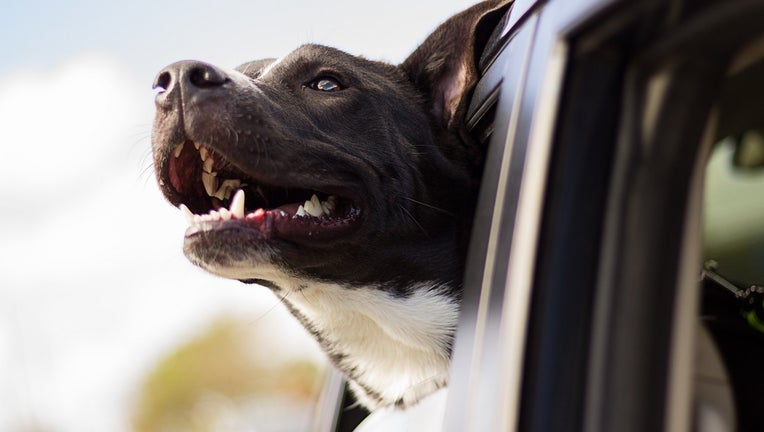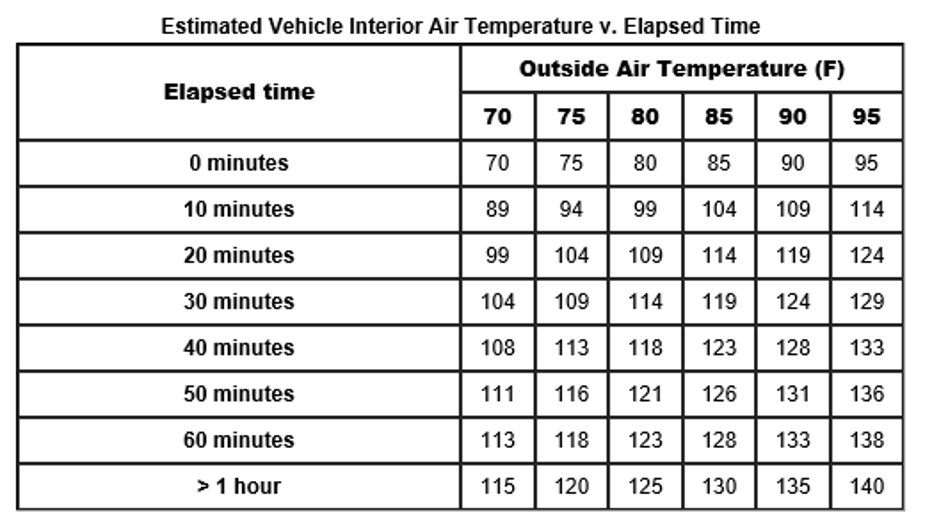Pennsylvania police remind pet owners about 'hot car bill'

(Photo by Andrew Pons/Unsplash)
PHILADELPHIA - With the summer season in full swing, first responders are reminding pet owners to think about the health and safety of their furry friends.
In October 2018, Gov. Tom Wolf signed Act 104 of 2018, also known as the “Hot Car Bill.” The law protects law enforcement and emergency responders who remove a dog or cat from a vehicle when the animal is showing signs of distress.
Under the law, an officer or emergency responder must have a good-faith and reasonable belief that the animal is in imminent danger, make a reasonable effort to locate the driver, take reasonable steps to ensure or restore the well-being of the animal, use no more force than necessary to enter the vehicle and leave notice on the vehicle about where the dog or cat can be found.
If a civilian sees a dog or cat inside a vehicle who appears to be in distress, they are urged to contact local authorities.
“Properly caring for and protecting your pets should be a priority for all pet owners,” said State Police Animal Cruelty Officer Michael Spada. “Utilize common sense and contact your local veterinarian if you have any questions or concerns.”
Animals can suffer from heat exhaustion and heat stroke just like humans. Both dogs and cats release heat through their paws and by panting. Ensure your pets have access to fresh, cool water and proper sustenance. Failure to do so could result in possible criminal charges.

A chart provided by Pennsylvania State Police indicates how quickly temperatures can change inside a car during hot weather. (Pennsylvania State Police)

